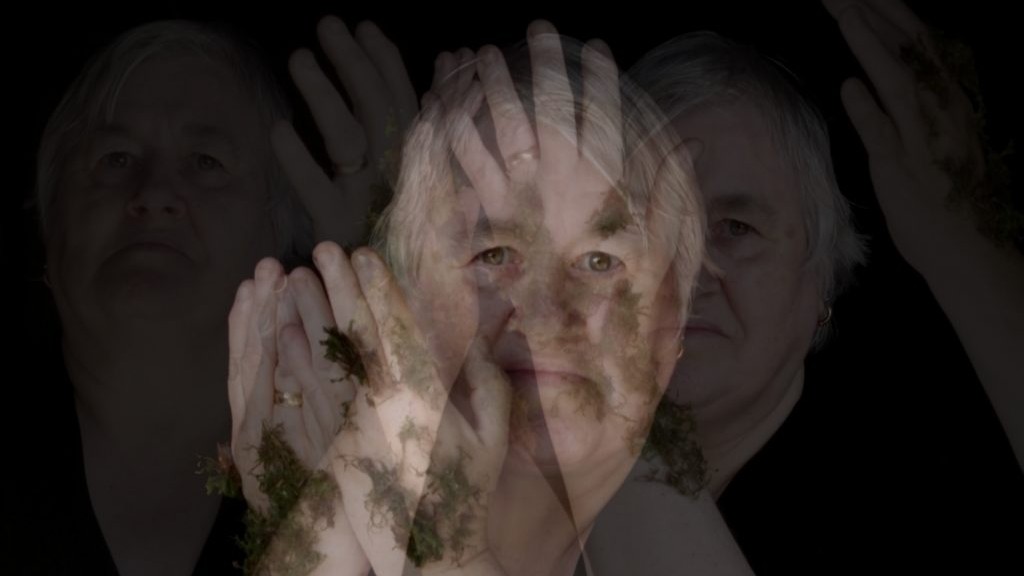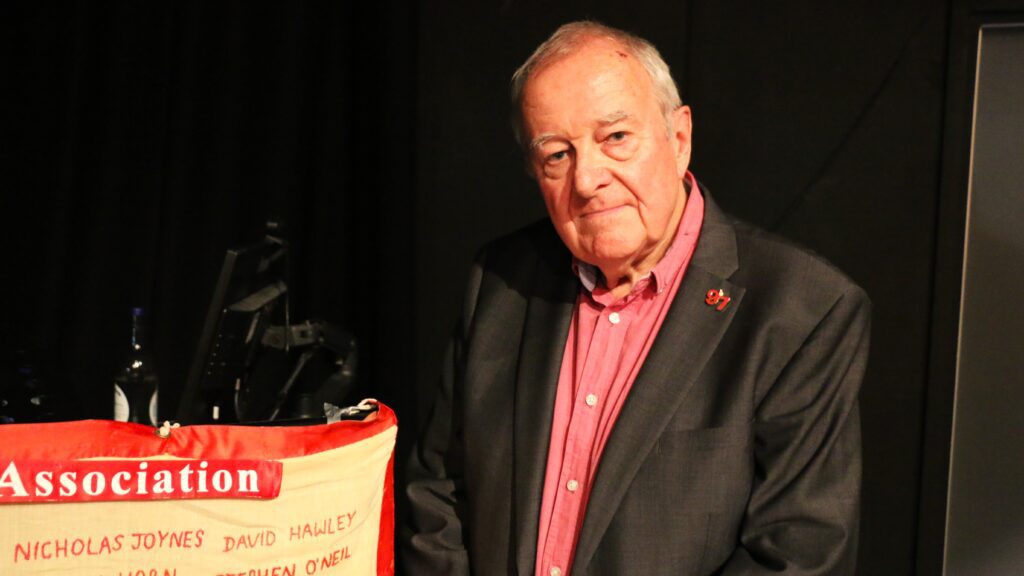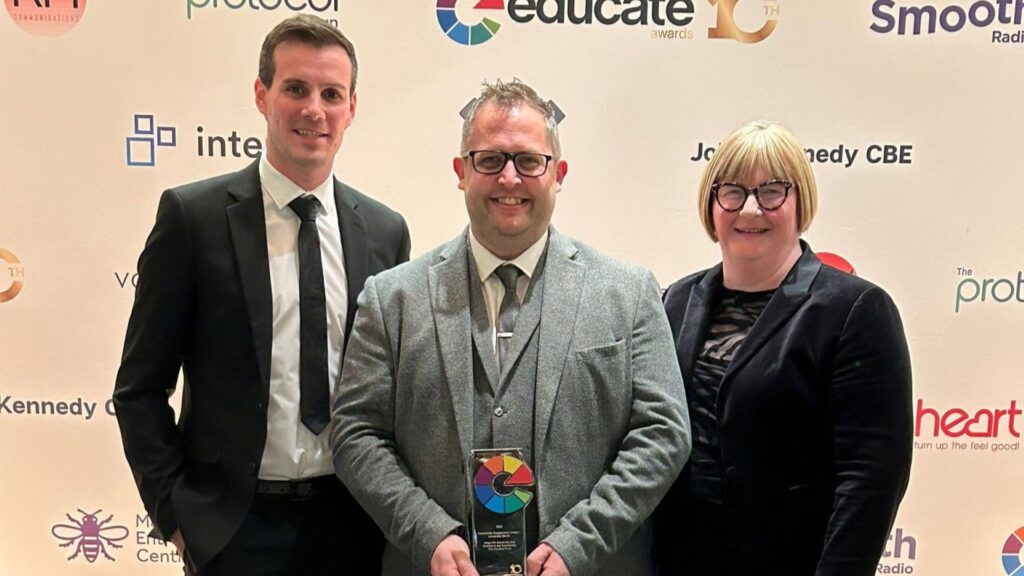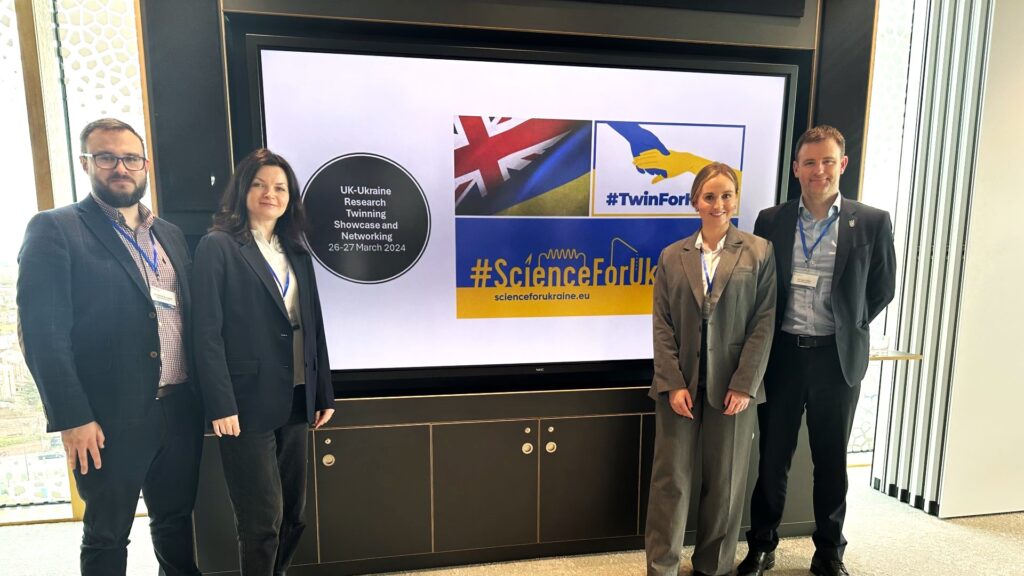‘From the Land to the Sky’ will be on display in Chapel Gallery, Ormskirk from 1 – 7 June. The exhibition draws attention to the other species that share the world with us and highlights what they need from green spaces.
Over two years, Edge Hill academics invited artists to work with community groups in outdoor workshops. Together they explored farms, nature reserves, and allotments to consider the different ways in which people and other species make sense of the world.
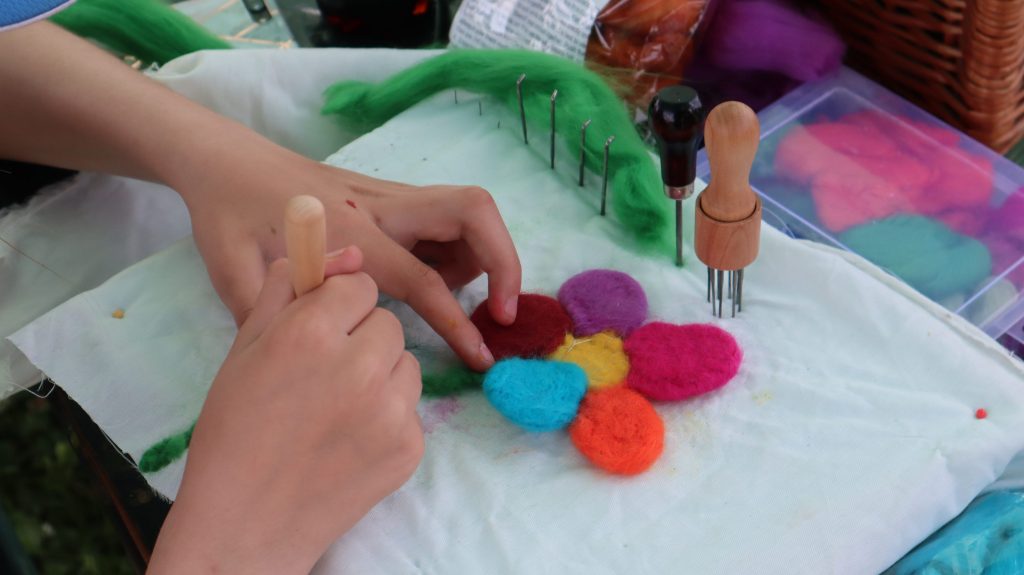
The artists then went away and produced artworks including sculpture, photography and paintings, all conveying different landscapes that imagine connections between humans and other species. They used multispecies storytelling to capture the voices of marginalised communities and disadvantaged groups; those who don’t usually have a say in decisions about landscapes and landscape use.

Professor of Culture, Communication and Screen Studies, Claire Parkinson, is the Principal Investigator on the project. She said:
“One of the reasons we have a climate crisis is that we only think about things from our human perspective. This project builds on research undertaken by members of the Edge Hill University Centre for Human Animal Studies which explores our interconnections with other species and highlights the problems of adopting a wholly human-centred view of the world.
“This exhibition is about landscape stories from local communities that imagine interactions with other species, consider the wider environment that we are part of, and make connections between humans and the natural world.”
Working with Edge Hill colleagues Professor Brett Mills, Dr Lara Herring, Dr Hannah Parathian and Dr Victoria Foster, and Professor Candice Satchwell (UCLan), they engaged with a wide range of community groups, including Royal Cross Primary School, Furness College, Autus, Burscough Community Farm, and Learning Stars.
Professor Parkinson said: “To explore a variety of different ways of making sense of the world we invited artists to work with groups and communities to develop their responses to a range of locations and spaces.
“The exhibition imagines the different ways in which we can experience the landscape and the shared connections humans have with other species. For example, the artworks explore how the impacts of climate change affect all species, imagine what a shared language might look like, and what ‘home’ means to humans and other animals.”
The exhibition forms part of Natural England’s 70th anniversary celebrations for England’s National Nature Reserves as well as helping them to understand what disadvantaged communities have to say about the natural environment. From 7 June the exhibition will spend the summer travelling to sites around the North West.
Mike Downey, Natural England Senior Adviser for National Nature Reserves said, “It has been fantastic working with Edge Hill to help showcase this project through some of the National Nature Reserves in the region. The exhibitions offer a great opportunity for communities to connect with nature and our NNRs in different ways, and it’s a pleasure to be able to support this as part of our summer long Festival of National Nature Reserves”
The project was funded by the UKRI Arts and Humanities Research Council (AHRC) ‘Landscape Decisions’ funding programme.



Edge Hill’s Centre for Human Animal Studies was the first research centre of its kind in Europe and is an interdisciplinary forum for research and activities that engage with the complex material, ethical and symbolic relationships between humans, other animals, and their environments.
CfHAS brings together scholars from the arts and humanities, social sciences and natural sciences to examine how rethinking our relations with animals can create meaningful social, policy, environmental, ethical and cultural change.
To discover more about our courses, please visit ehu.ac.uk/study.
May 29, 2022
